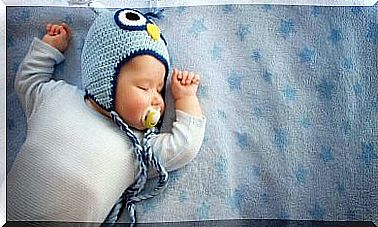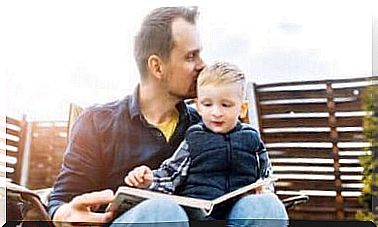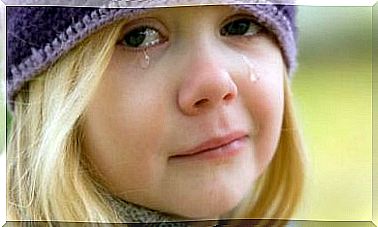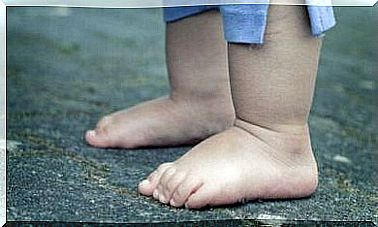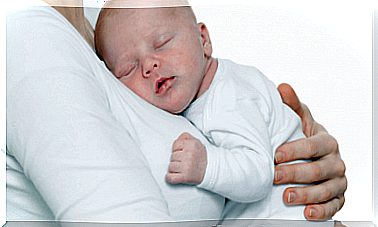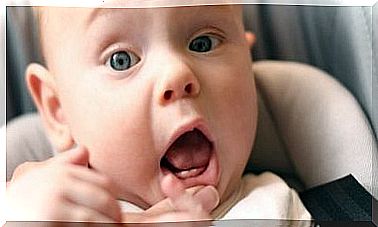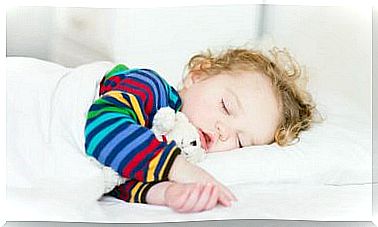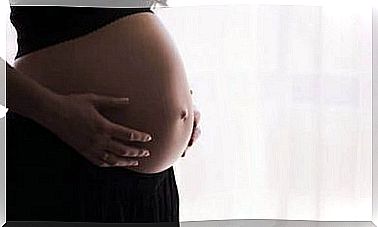Symptoms In The Second Trimester Of Pregnancy
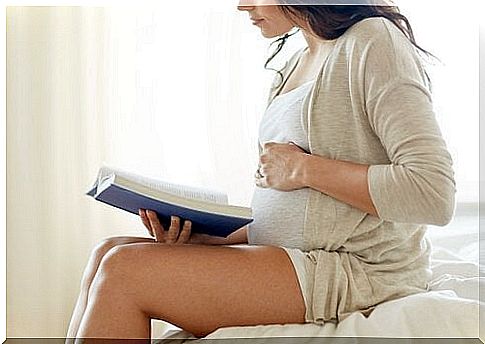
The first 90 days are perhaps the most problematic, due to hormonal changes and extra energy consumption. However, the symptoms in the second trimester of pregnancy are not as exhausting.
From week 13 to week 25, the physical changes of pregnancy become apparent.
The abdomen and breasts continue to grow. Nausea disappears, but other signs, such as back pain, skin pigmentation and constipation, occur.
Specialists recommend monitoring or controlling weight gain during this period.
When the mother is 6 months old, she should have increased her weight by at least 6 kg, in a healthy way.
12 symptoms in the second trimester of pregnancy
Some women suffer from all the types of discomfort that pregnancy can cause, while others experience only a few unpleasant symptoms. Some women experience none at all.
However, there are some typical symptoms in the second trimester of pregnancy.
- Pain. Particularly related to the back, pelvis, hips and legs. As the baby grows, the weight of the abdomen is supported through the back. The ligaments of the hips and pelvis stretch, making room for the necessary extension to the birth, causing pain.
- Cramps. Beginning in the fourth month, seizures are very typical. These are generated by pressure on the nerves and blood vessels. A complication that causes great pain and swelling in the extremities is deep venous thrombosis, which should get the attention of a doctor immediately.
- Hot flushes and constipation. The uterus grows, compressing the stomach and intestines, altering the transit of food and acids. The effect of the hormones on the digestive system adds an extra layer of complexity to this problem. To avoid or reduce discomfort, it is advisable to drink enough fluids and eat fruits and grains, in addition to getting some exercise.
- However, beware of hemorrhoids! As a result of constipation and pressure on the rectal veins, hemorrhoids can occur, or get worse, in the second trimester of pregnancy. Alcohol and spicy foods should be avoided, and an exercise routine that relaxes the muscles is recommended.
- Skin pigmentation. These changes may diminish or disappear after pregnancy. Dark spots appear on the skin of the face, which becomes more sensitive to the sun. The breasts and abdomen also tend to stretch and dry out, which can result in itching or stretch marks.
- A very visible black line tends to pop up from the navel to the pubic bone. A good sunscreen will help prevent marks on the face, known as a “pregnancy mask”.
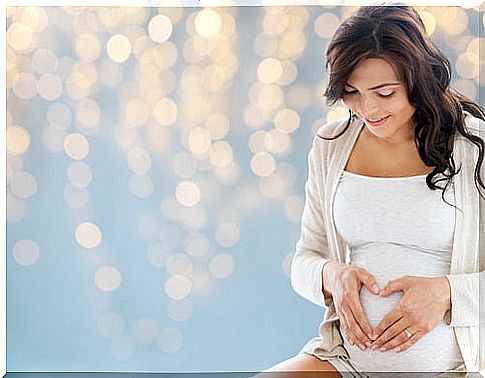
Other physical changes in the expectant mother
- Hair changes. A pregnant woman’s hair suffers from changes comparable to those that occur before menstruation. These problems can be reduced by making sure to drink enough water, and using creams and oils on the skin.
- Sweat. Excessive sweating may be another symptom in the second trimester of pregnancy, due to an increase in sweat glands.
- Accelerated heart rate. More blood is pumped around and the heart beats faster, which can cause strong palpitations or tachycardia.
- Changes in the appearance of the breasts. The breasts become large and heavy after the first trimester. However, it is not until the fourth month that new milk ducts will develop.
- Around the areola , small dents, known as Montgomery nodules, will occur. The blood supply to the breasts will also increase and the veins become clearer.
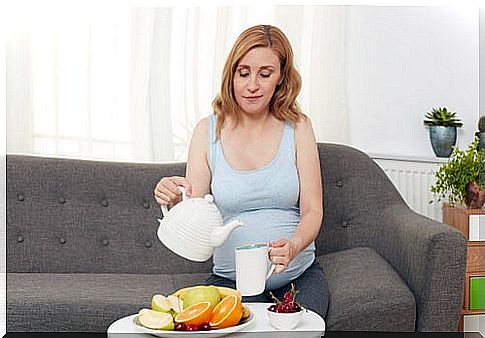
- Vaginal discharge. The body generates antibodies, and during this time it releases a transparent or whitish substance through the vagina, in larger amounts than usual. It is odorless, and prevents the formation of bacteria in the vagina.
- Inflamed gums. A small amount of blood may appear when brushing teeth. Due to excessive blood supply, nosebleeds or constipation in the nose can also occur, due to swelling of the mucous membranes.
- Insomnia. Fetal movements may cause symptoms in the second trimester of pregnancy. The baby begins to stretch, and do “push-ups” inside the stomach. These movements can cause pain or discomfort in the mother at bedtime, especially when she does not have a good posture.
Get a good pregnancy
As we have said, these symptoms, in the second trimester of pregnancy, can vary according to the peculiarities of both the woman, the pregnancy and the baby.
The most important thing is to reduce them as much as possible, to get a good pregnancy.
Finally, remember that routine check-ups with your doctor allow you to ask questions, and find solutions, for any condition that may arise.

